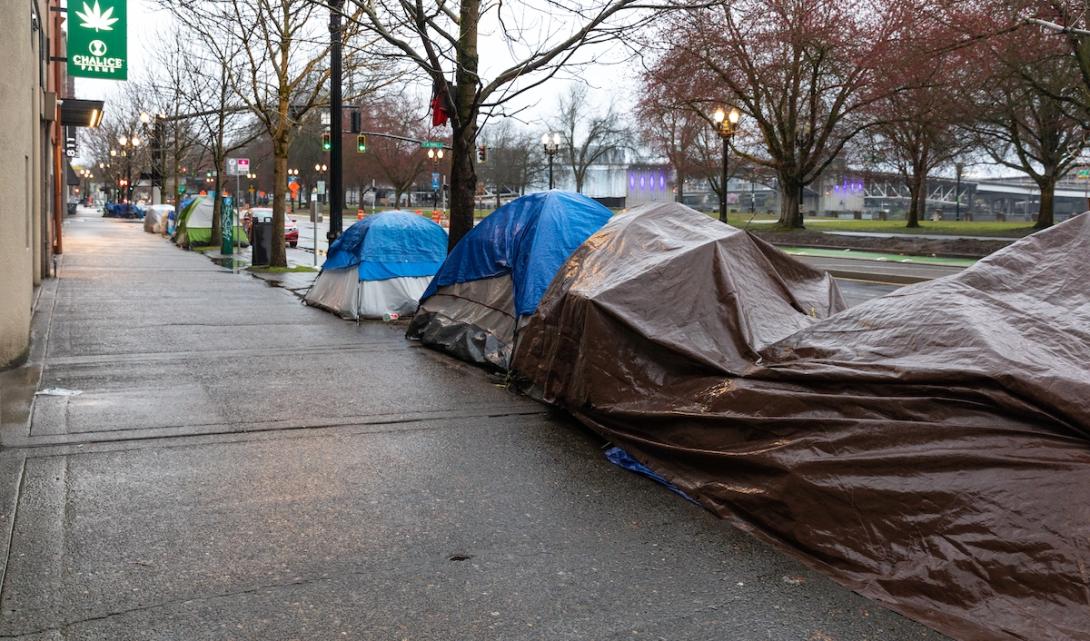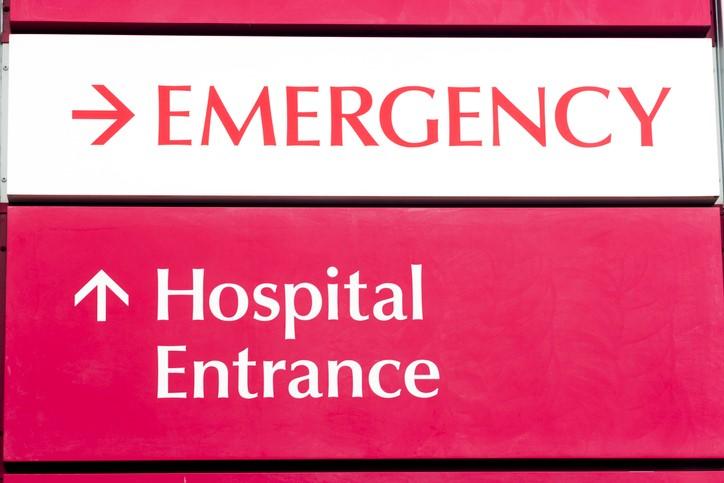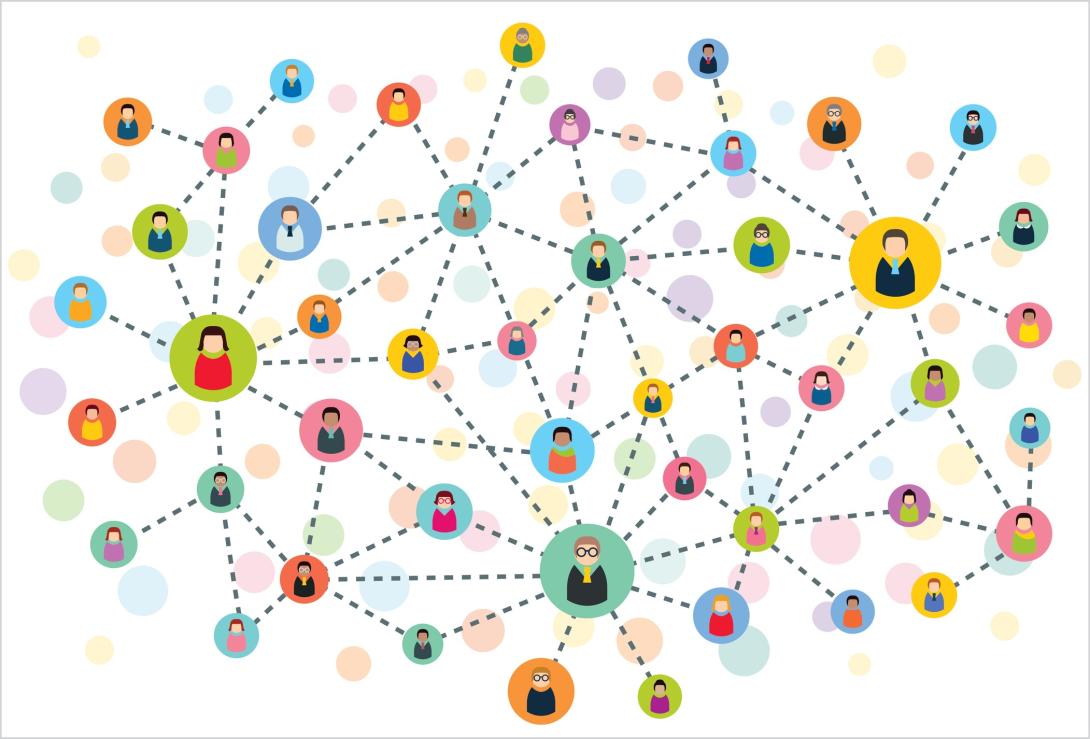Image

iStock photo
Opinion: We Need Human Services That Serve Communities
The “haves” continue to champion simplistic answers to complex problems that only continue to widen the chasm and leave the “have-nots” behind with hard truths and limited hope.
Dec 1, 2020




